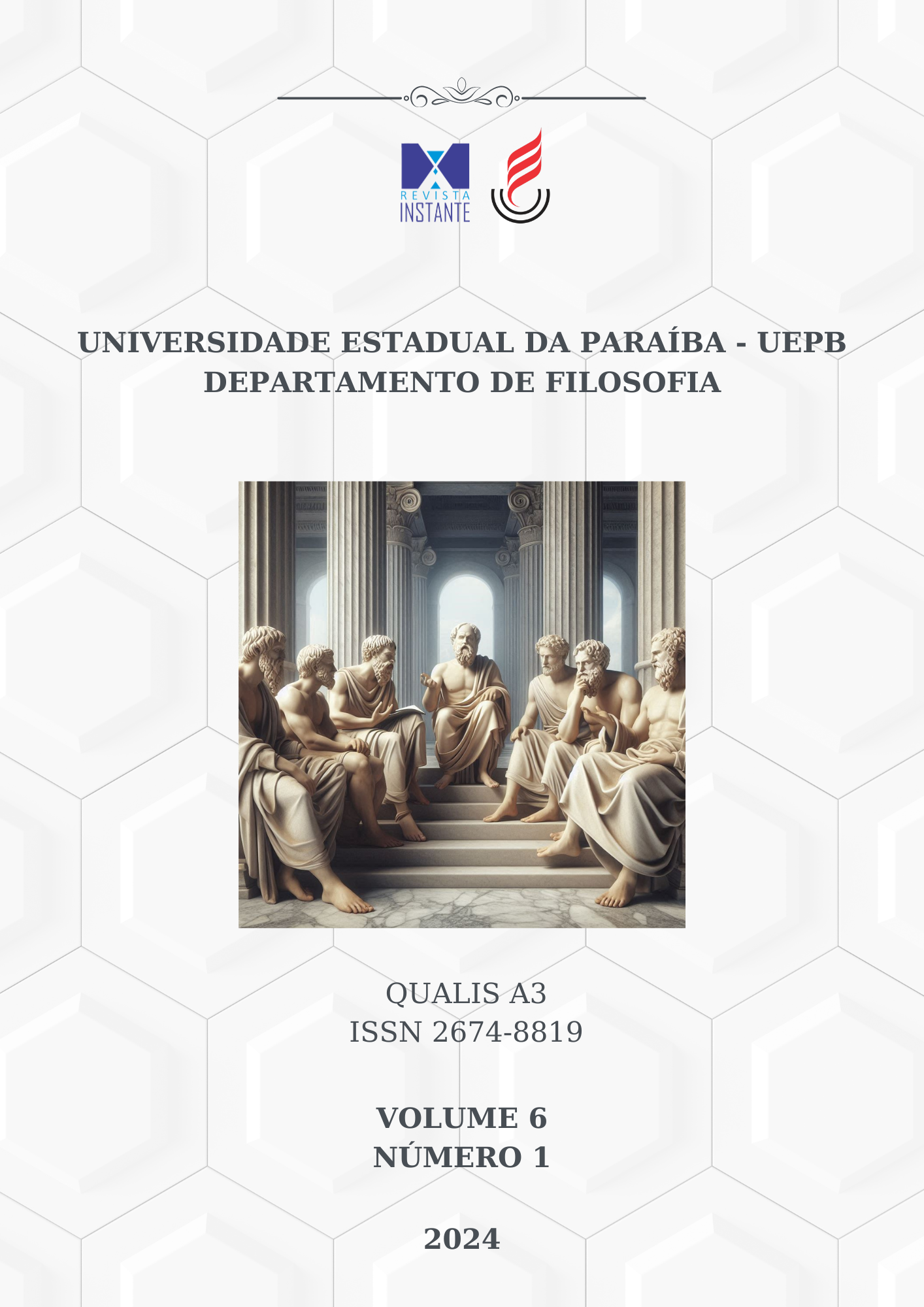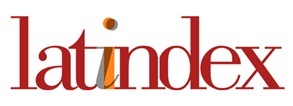REFRAMING FREGE’S LEGACY ABOUT PRAGMATISM, INFERENTIALISM, AND COGNITIVE SCIENCE:
NOTES OF NEW OPTIONS FOR PHENOMENOLOGICAL CONSENSUS
Keywords:
Frege. Pragmatism. Inferentialism. Cognitive science. Phenomenology.Abstract
The primary objective of this exploratory article is to examine the way in which Frege's theory is framed within the framework of inferentialism, as developed by Robert Brandom’s expressivism, and the underlying pragmatic consequences of this shift. Subsequently, we aim to address one pressing challenge currently faced by the field of philosophy of mind and cognitive science: how can we reconcile the pragmatic aspects of successful assertion and inferential coherence with a theoretical and scientific representation of mental contents? This article states the failure of the Fregean tradition to uphold Frege's original anti-psychological tendencies and advocates for the development of a theory of mental content that is compatible with the notion of inference present in Frege's work. The last objective of the article, addressed in a last chapter, is to explore the challenges for a new phenomenological consensus.
References
AJDUKIEWICZ, K. Die syntaktische Konnexität. Stud. Philos. 1, 1935, pp. 1–27.
BAR-HILLEL, Y. A quasi-arithmetical notation for syntactic description. Language 29, 1, 1953, pp. 47–58.
BRANDOM, R. Articulating reasons: an introduction to inferentialism. Cambridge, MA: Harvard University Press. 2000.
__________. From Logical Expressivism to Expressivist Logic. Philosophical Issues, 28, Philosophy of Logic and Inferential Reasoning, 2018.
BUTTON, T. & WALSH, S. Philosophy and Model Theory. Oxford: Oxford University Press, 2018.
CALLAWAY, H. G. Meaning without Analyticity: Essays on Logic, Language and Meaning. Cambridge Scholars Publishing, Newcastle upon Tyne, 2008.
CANTONE, D., OMODEO, E., POLICRITI, A. What Is Computable Set Theory? In: Set Theory for Computing. Monographs in Computer Science. Springer, New York, NY. 2001.
DUMMETT, M. The Interpretation of Frege’s Philosophy. Harvard University Press, 1981.
__________. The Logical Basis of Metaphysics. Harvard University Press. 1991.
FODOR, J. Representations: Philosophical essays on the foundations of cognitive science. Cambridge, Mass: MIT Press, 1981.
FRÁPOLLI, M.J. Implying, Precluding, and Quantifying Over: Frege’s Logical Expressivism. In: The Priority of Propositions. A Pragmatist Philosophy of Logic. Synthese Library, vol 470. Springer, 2023.
FREGE, G. Sense and Reference. The Philosophical Review, Vol. 57, No. 3, 1948, pp. 209-230.
__________. Begriffsschrift, eine der arithmetischen nachgebildete Formelsprache des reinen Denkens (BS), in Frege, Gottlob. Begriffsschrift und andere Aufsätze. Edited by I. Angelelli. Hildesheim: Georg Olms, 1879, pp. 1–88.
__________. Posthumous Writings. Chicago: University of Chicago Press. Translated by P. Long and R. White. 1979.
__________. The Basic Laws of Arithmetic: Exposition of the System. Translated and edited by Montgomery Furth. Berkeley: University of California Press. 1967.
__________. Comments on sense and meaning. In Frege (1979), pp. 118–25. 1892.
GENTZEN, G. Collected papers. Amsterdam: North Holland. Edited by M. E. Szabo. 1969.
HUSSERL, E. Ideas pertaining to a pure phenomenology and to a phenomenological philosophy. Translated by F. Kersten. London: Martinus Nijhoff Publishers, 1982.
KANT, I. Critique of Pure Reason. The Cambridge edition of the works of Immanuel Kant. Ed. Paul Guyer and Allen Wood. Cambridge University Press. 1998.
KLEMENT, K. C. Frege's Changing Conception of Number. Theoria. 78, 2012, pp. 146-167.
KUSCH, M., Language as Calculus vs. Language as Universal Medium. Synthese Library SYLI, volume 207, 1989.
LINDEN, E.V., & MINNEN, G. Algorithms for Generation in Lambek Theorem Proving. Annual Meeting of the Association for Computational Linguistics. 1990.
MARCUS, Ruth Barcan. Modalities: philosophical essays. New York: Oxford University Press. 1961.
MISCEVIC, Nenad. Conceptualism and Knowledge of Logic: A Budget of Problems. In Zsolt Novak & Andras Simonyi (eds.), Truth, Reference and Realism. Central European University Press. pp. 77-124. 2010.
PEIRCE, C. Writings of Charles Peirce: A Chronological Edition, ed. Peirce Edition Project. Bloomington: Indiana University Press. 1982.
PRIOR, A. The runabout inference-ticket. Analysis, 21(2), 1960, pp. 38–39.
TIERCELIN, Claudine. No pragmatism without realism: How Price: Naturalism without mirrors. Oxford: Oxford University Press, 336pp. Metascience 22 (3), 2011, pp. 659-665.
WITTGENSTEIN, L. Tractatus Logico-Philosophicus, C. K. Ogden (trans.), London: Routledge & Kegan Paul. 1922.










